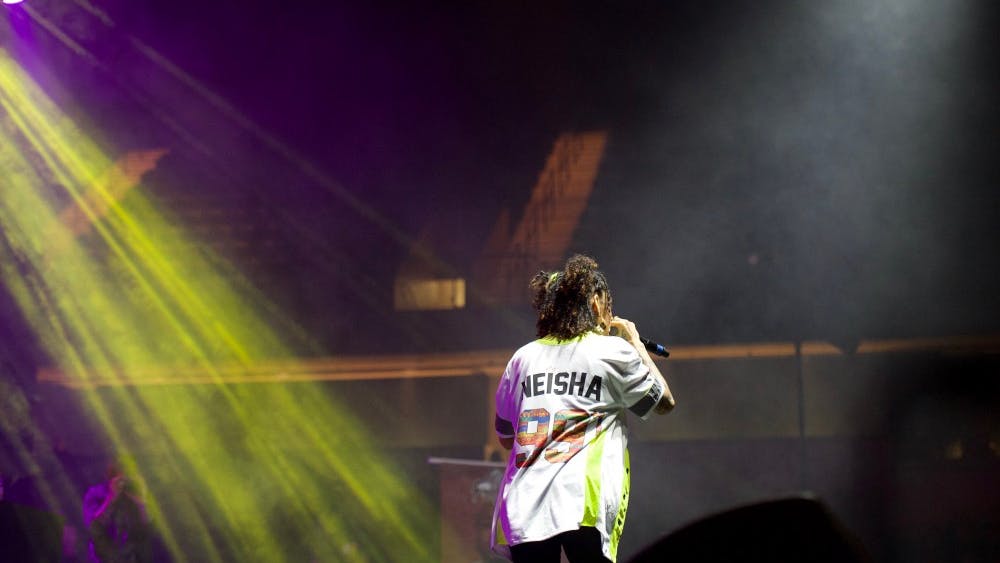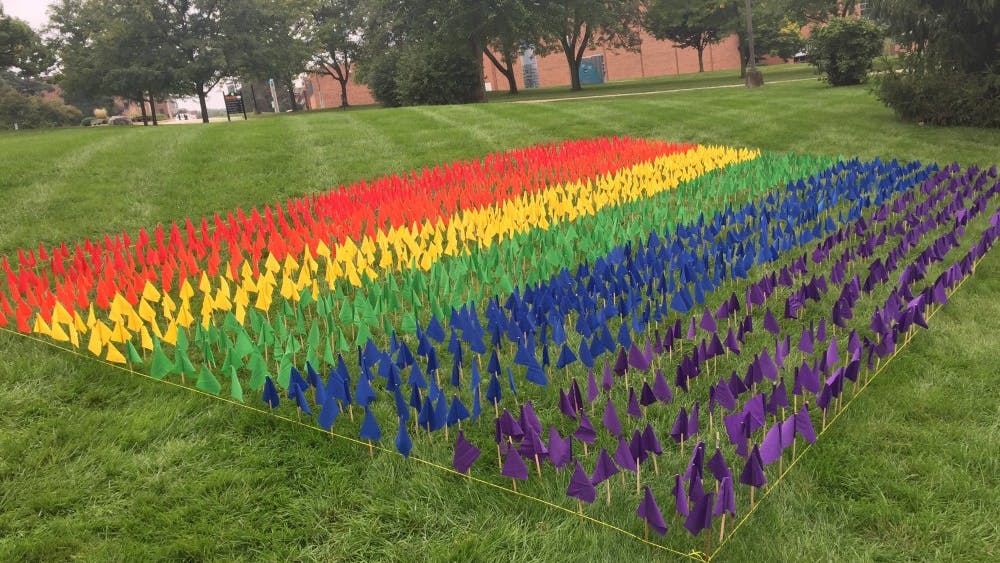A new change of views on life and love leads millennials to be more interested in “hookup culture" than settling down like the previous generations. Is this mindset empowering people, or simply avoiding the intimacy, vulnerability and chance of rejection of finding a long-term partner?
Hookup culture is the act of engaging in casual sex without any emotional attachment or romantic bonding. The preference for this type of laid-back, non-committal relationships is brought upon for numerous reasons: dating apps, social media, career-driven mindsets and even the fear of intimacy and emotional vulnerability.
With the rise of these causal relationships, it’s hard to predict whether or not the pros outweigh the cons of it all. We can start by analyzing the changes in millennial relationships now, compared to the generations before them.
The first main distinction is the push back of marriage in the lives of millennials. A study shows that most millennials prefer to finish school, have a steady career, travel and date their partner for at least six years before getting married.
“. . . the median age of marriage has risen to 29.5 for men and 27.4 for women in 2017, up from 23 for men and 20.8 for women in 1970,” according to the New York Times.
This new mindset gives this generation 10 or more years after high school until they decide to settle down and have a serious relationship, which is what drives these hookup rates up even more, even though this decision is actually made to better themselves.
One of the biggest factors in spreading this hookup culture is dating or hookup apps such as Tinder and Bumble. With the opportunity to find, talk to and meet up with someone at the touch of your fingers, hooking up has never been easier through Tinder, Grindr, Bumble, etc.
This ease makes hooking up more attractive and persuasive among millenials since they don’t have to physically go out and try to meet someone, where you are risking awkwardness and rejection.
This new viewpoint on casual sex and ease to explore has helped empower both women and members of the LGBTQ+ to exercise their sexuality privately and not feel society’s shame for it.
However, with all of these pros of settling into a career, finding sexual and individual empowerment, and creating steady relationships before jumping into marriage, there are still downsides to this new culture that can take a toll on people’s mental health.
The American Psychology Association has done a broad study about the rise of hookup culture on college campuses and how it has affected students. One of the main consequences is regret and lowered self esteem.
“In a large Web-based study of 1,468 undergraduate students, participants reported a variety of consequences: 27.1 percent felt embarrassed, 24.7 percent reported emotional difficulties, 20.8 percent experienced loss of respect, and 10 percent reported difficulties with a steady partner,” the leader of the study Justin R. Garcia showed.
The same study also shows a correlation between the number of casual sex partners and the levels of loneliness and depressive symptoms, more hookups often leads to higher feelings of depression and loneliness. It also takes a toll on a person’s self esteem.
“In the first study to investigate the issue of self-esteem and hookups, both men and women who had ever engaged in an uncommitted sexual encounter had lower overall self-esteem scores compared with those without uncommitted sexual experiences,” says Garcia.
People who commonly engage in hookups oftentimes will do it out of fear of intimacy, rejection and emotional vulnerability that monogamous, long term relationships provide. This sort of avoidance coping mechanism makes it more difficult for people to create meaningful relationships in the future.
Hookup culture is dominating millennials and becoming more and more integrated as a norm in our society. It can do a lot of good by empowering women and LGBTQ+ members, letting millennials focus more on their own growth and careers rather than finding a partner, and overall finding a sense of freedom and independence.
However, if someone isn’t careful, it can lead to loneliness, depression, regret and be used as a coping mechanism to avoid finding a genuine connection with another human. It all depends on a person’s comfort level, self esteem and mental health if engaging hookup culture is actually going to be detrimental to them. It truly isn’t for everyone but everyone has a right to choose who to love and not feel shame or judgment for it.
I think we are lucky to be moving in a progressive direction where sexuality is celebrated and can be spoken about as an open topic. As long as millennials, and everyone for that matter, is well educated on the consequences involved in hookup culture, including practicing safe-sex, understanding consent and monitoring one's mental health, there is no harm in it.










